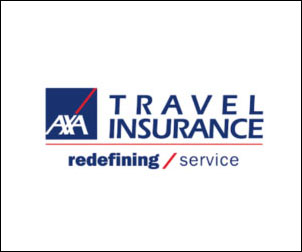What is a fixed deposit
A fixed deposit (FD) – also known as term deposit or time deposit – is a form of investment where you place a lump sum into a financial institution for a fixed period of time at a rate of interest higher than a regular savings account. FDs are associated with a number of advantages and disadvantages:
Pros:
- Guaranteed returns: FDs offer fixed interest rates for a specified period, so you know exactly how much you are going to make on your investment.
- Stability: Unlike other investment options such as equities or mutual funds, FDs are not subject to market fluctuations. The principal amount invested remains intact, and the interest earned is predetermined.
- Security: FDs are considered safe investments as they are typically offered by banks and financial institutions that are regulated by the government. Deposits are often insured up to a certain limit, providing an additional layer of security.
- Liquidity: While FDs have a fixed tenure, many banks do offer premature withdrawal options with a penalty. This provides a degree of liquidity in case of emergencies.
- Easy to understand: Because FDs are simple investment products, they are suitable for investors who prefer a straightforward approach to investing.
Cons:
- Low returns: The returns on FDs are often lower compared to other higher-risk investment options such as stocks or mutual funds, especially during periods of low-interest rates.
- Inflation risk: FD returns don’t always keep up with inflation. If inflation is high, this can erode the real value of the returns earned, meaning you’re not going to reap the benefits of FDs.
- Lack of flexibility: Once invested, the funds in FDs are typically locked in for a fixed period. If you need to access cash for an emergency, premature withdrawals may incur penalties or result in lower interest rates.
In conclusion, consider factors such as your financial goals, risk tolerance and the prevailing economic conditions before opting for fixed deposits as an investment avenue.
If you are someone who prioritizes stability and safety over everything else, fixed deposits are the way to go. However, if you have a higher risk appetite, they may not be the best option for maximizing returns over the long term.


